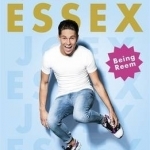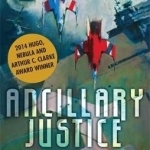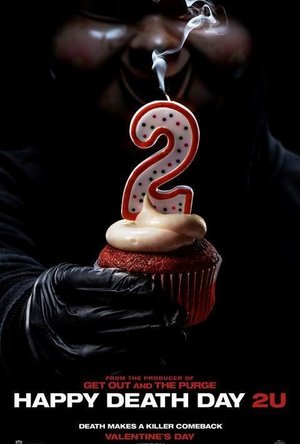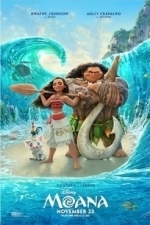BookwormMama14 (18 KP) rated The Noble Servant (A Medieval Fairy Tale, #3) in Books
Jan 2, 2019
In the midst of chaos it can be hard to see God's blessings. To put your trust in God when your world falls apart can be easier said than done. Yet time after time (at least for me personally) He always has a way of making something beautiful blossom from the ashes of what once was.
This book has adventure, deceit, romance, betrayal, and a twist on The Goose Girl that is sure to captivate you. I love the friendship that Steffan and Magdalen build. Trust, honor, truth, "Chivalrous to the core." As they both undergo a transformation set in motion by their circumstances, their relationship grows and their trust in God's plan does too.
I received a complimentary copy of The Noble Servant through NetGalley.I was not required to write a positive review. All opinions expressed are mine alone.

Being Reem
Book
Joey's bestselling book updated with an exclusive new chapter! The nation's favourite Essex boy...

The Small Business Big Marketing Show | Insanely Effective Marketing Ideas
Podcast
Welcome to the world’s best, certainly most practical, marketing show. Tim Reid here (you can call...

Ancillary Justice
Book
The record-breaking debut novel that won every major science fiction award in 2014, Ancillary...
Joseph Mount recommended 4-Track Demos by PJ Harvey in Music (curated)

Calculator vault Pro
Photo & Video and Business
App
Safe storage for Me secures personal photos and videos by locking them down with PIN protection....
Matthew Krueger (10051 KP) rated Happy Death Day 2U (2019) in Movies
Aug 6, 2020 (Updated Aug 6, 2020)
The plot: Collegian Tree Gelbman wakes up in horror to learn that she's stuck in a parallel universe. Her boyfriend Carter is now with someone else, and her friends and fellow students seem to be completely different versions of themselves. When Tree discovers that Carter's roommate has been altering time, she finds herself once again the target of a masked killer. When the psychopath starts to go after her inner circle, Tree soon realizes that she must die over and over again to save everyone.
Like i said its a okay movie, i recordmend just watch the first movie and thats it.
LeftSideCut (3776 KP) rated Moana (2016) in Movies
May 12, 2020
It has a decent and easy to follow plot, and a strong female lead for a start. The titular character is easy to like and root for, as are all the characters come to think of it. Dwayne Johnson's character Maui starts off as a douche but he's not so bad by the end.
The whole film looks incredible. The animation is bursting with colour, the water in particular looks great. There are some great set pieces that take full advantage of this - especially the neon drenched scene with Tamatoa, and the films climax looks fantastic as well.
The musical numbers just didn't do anything for me. I didn't hate any of the songs (the 'I AM MOANAAA' bit was pretty badass), but it's mostly just little too cheesy for my taste, much like Frozen was.
Overall though, Moana is a pretty good time, with a nice Disney approved moral heart, and I'm sure it will stand up alongside the many other Disney classics for years to come.

Unbreakable (The Legion, #1)
Book
Supernatural meets The Da Vinci Code in this action-packed paranormal thriller, the first book in a...




